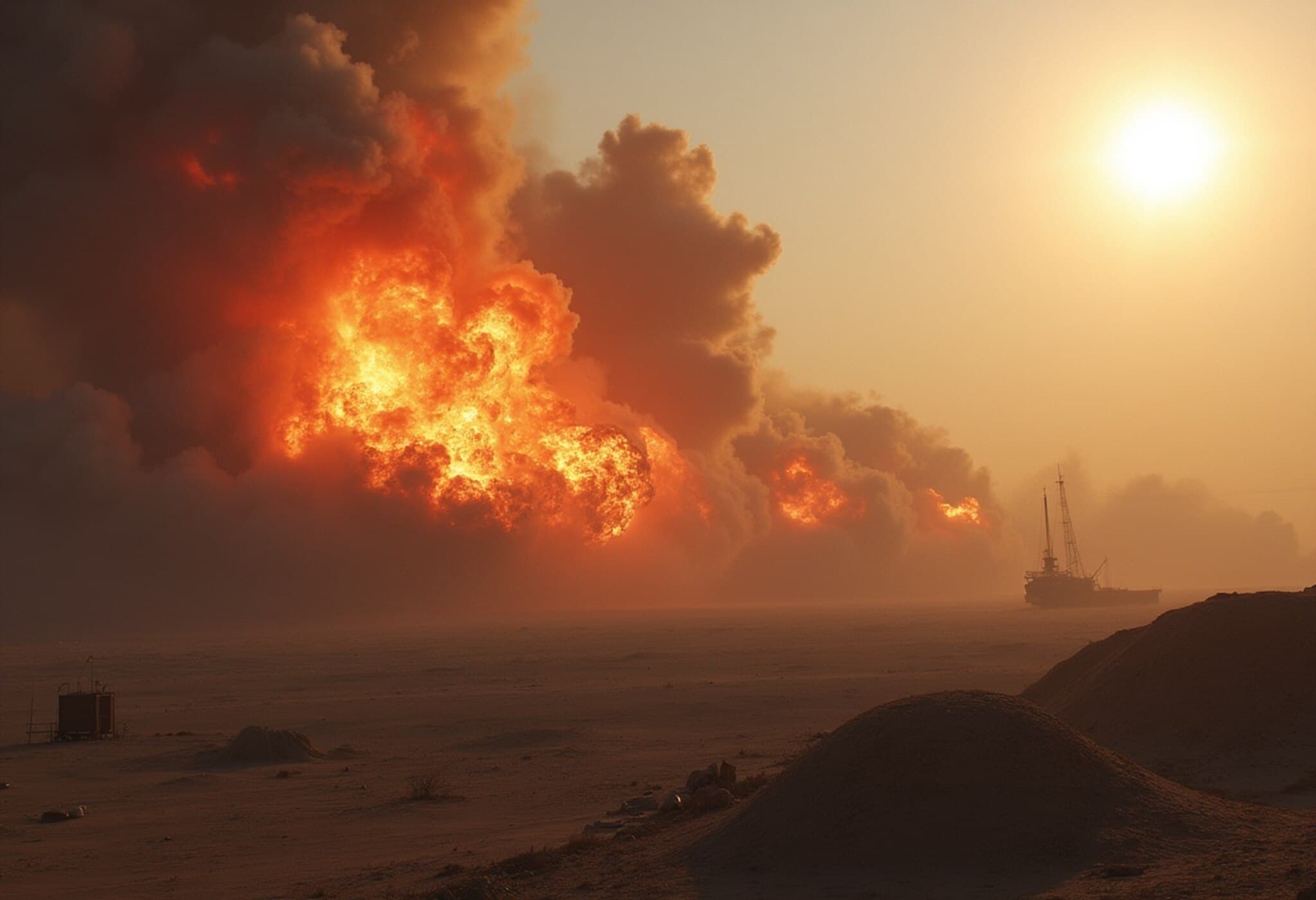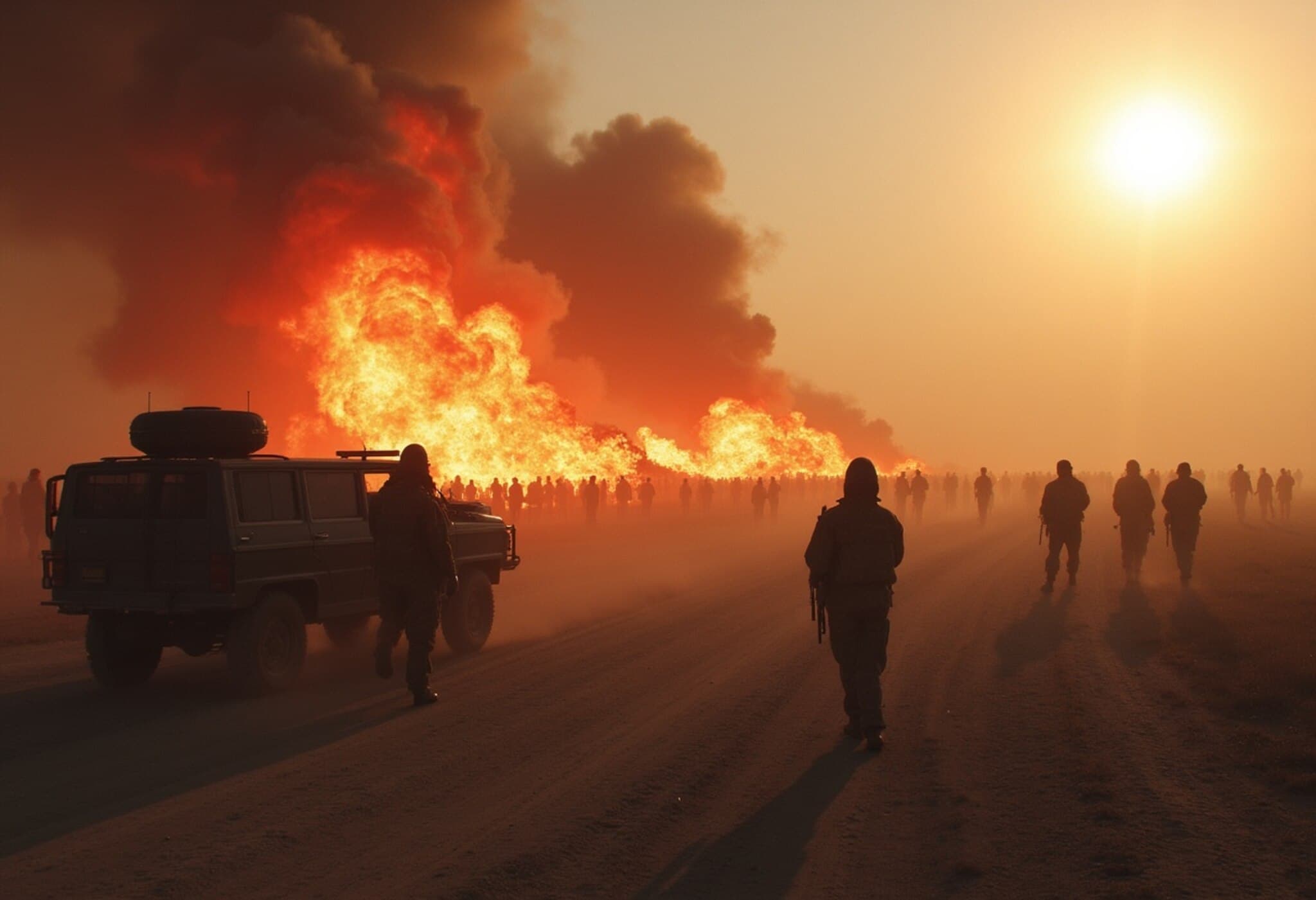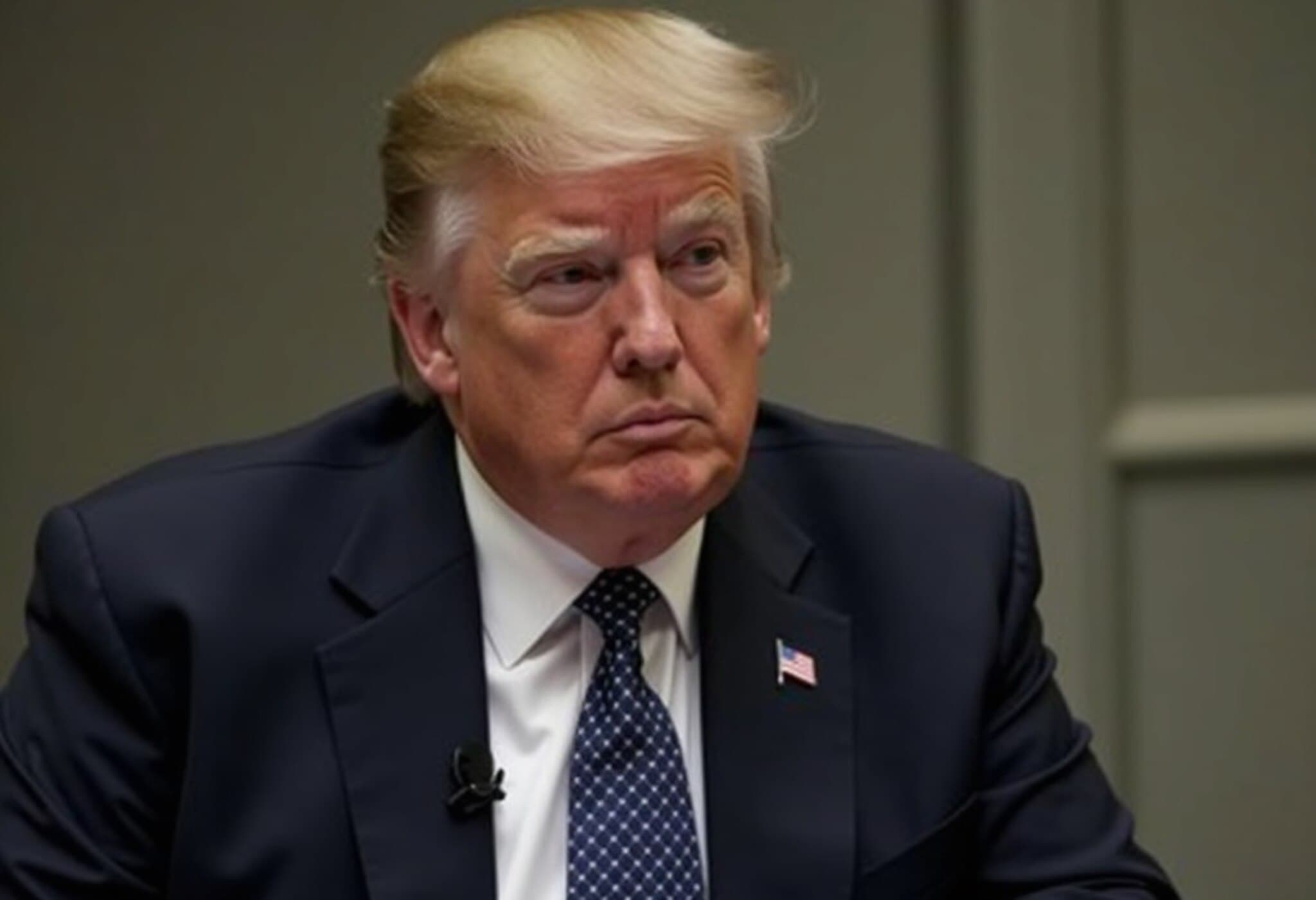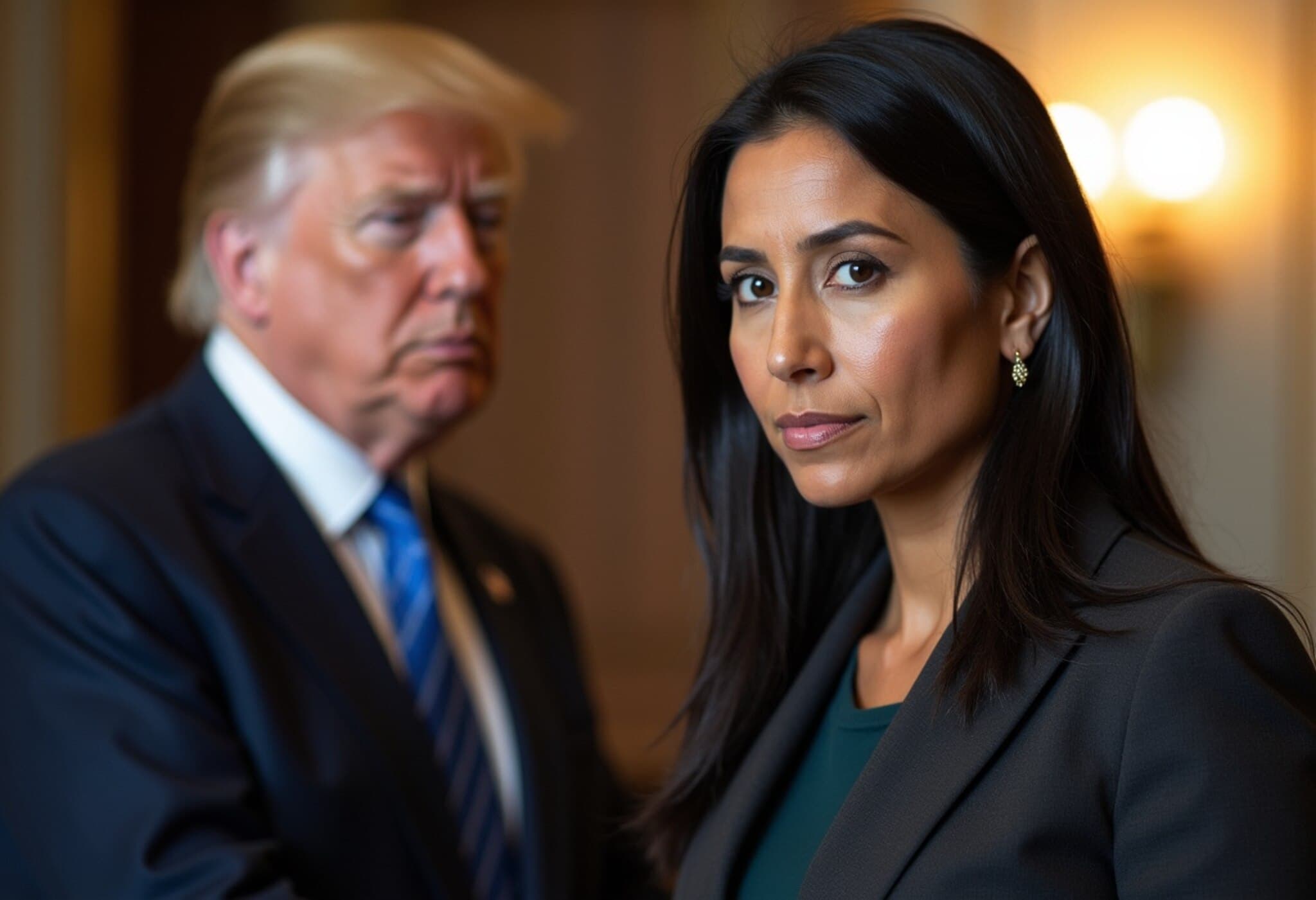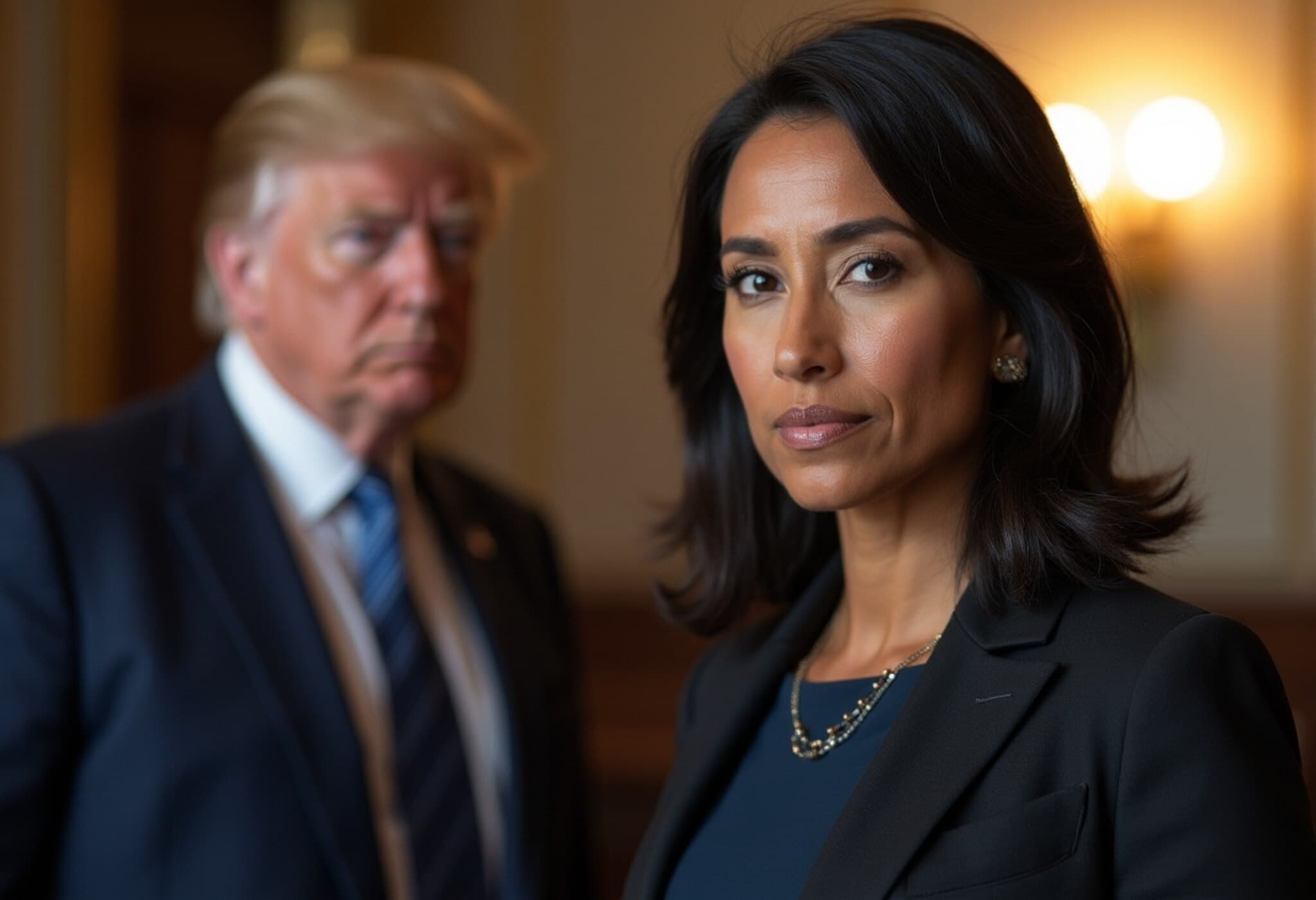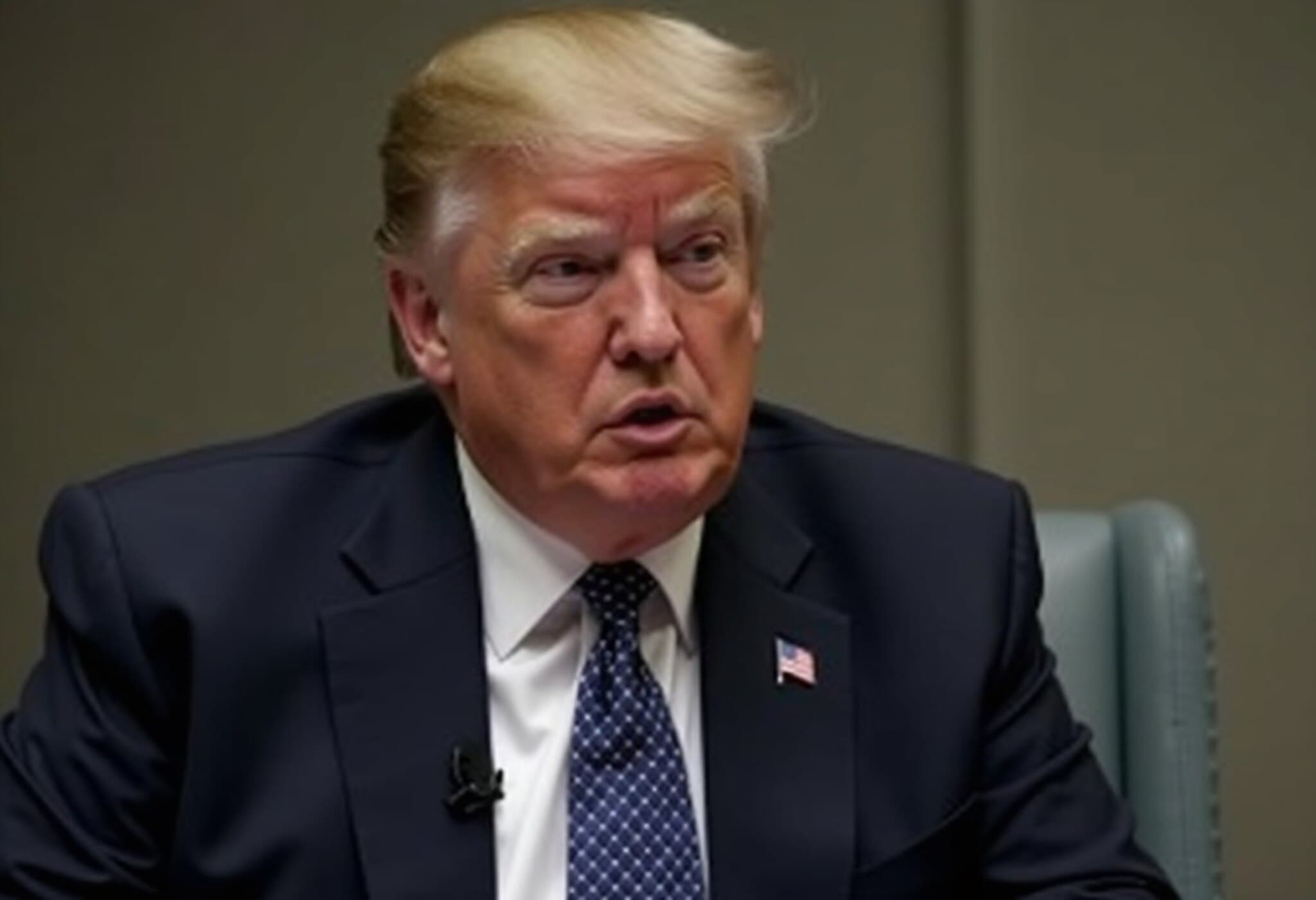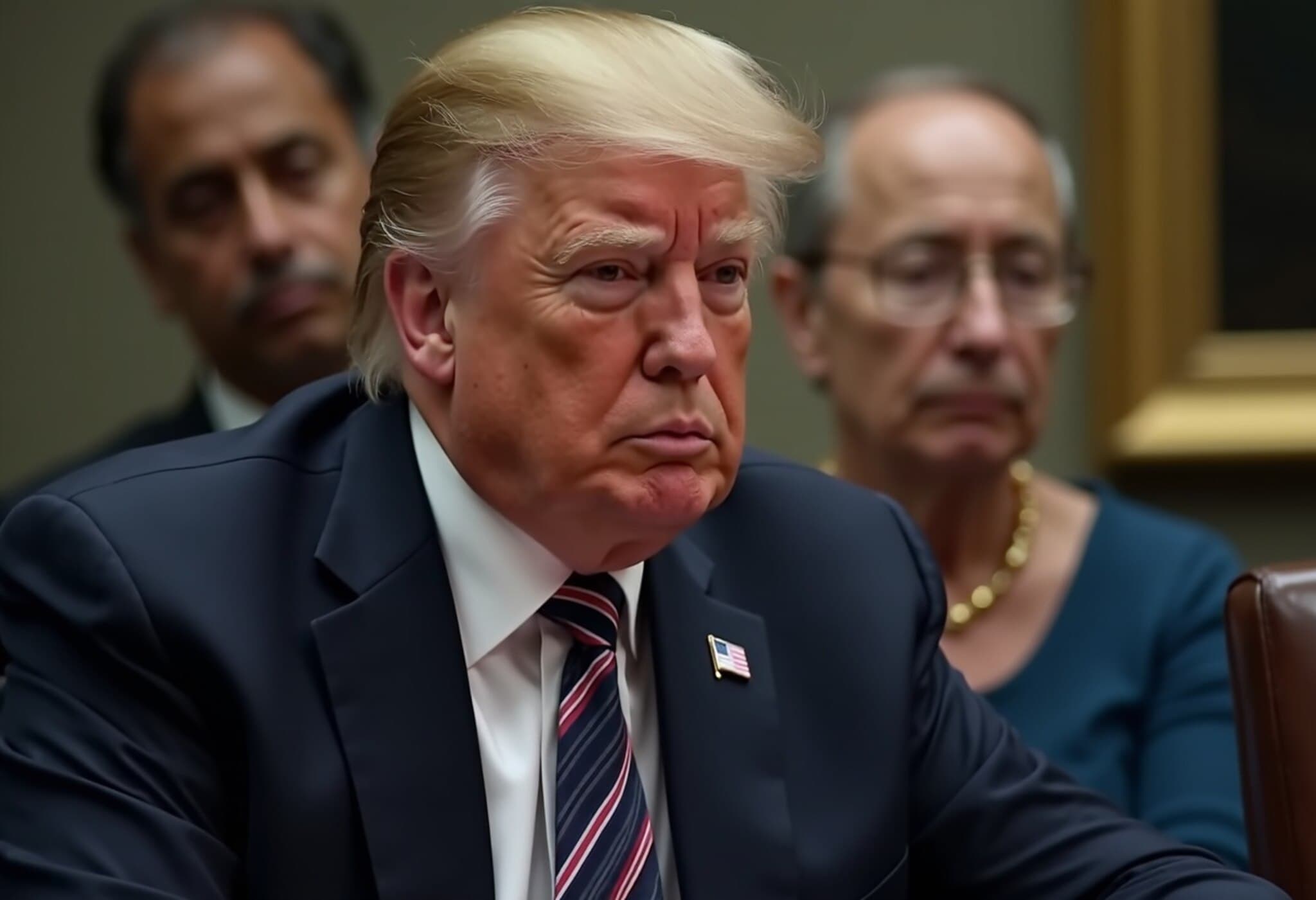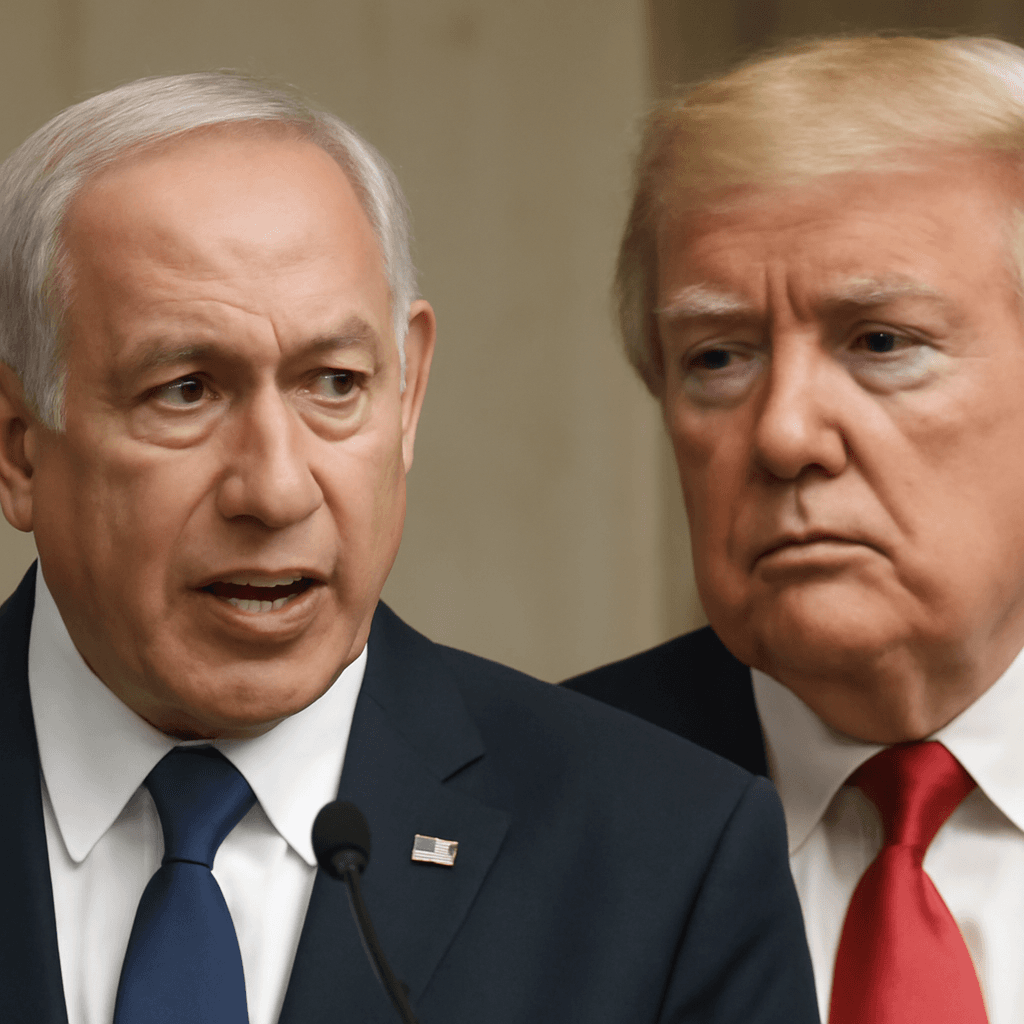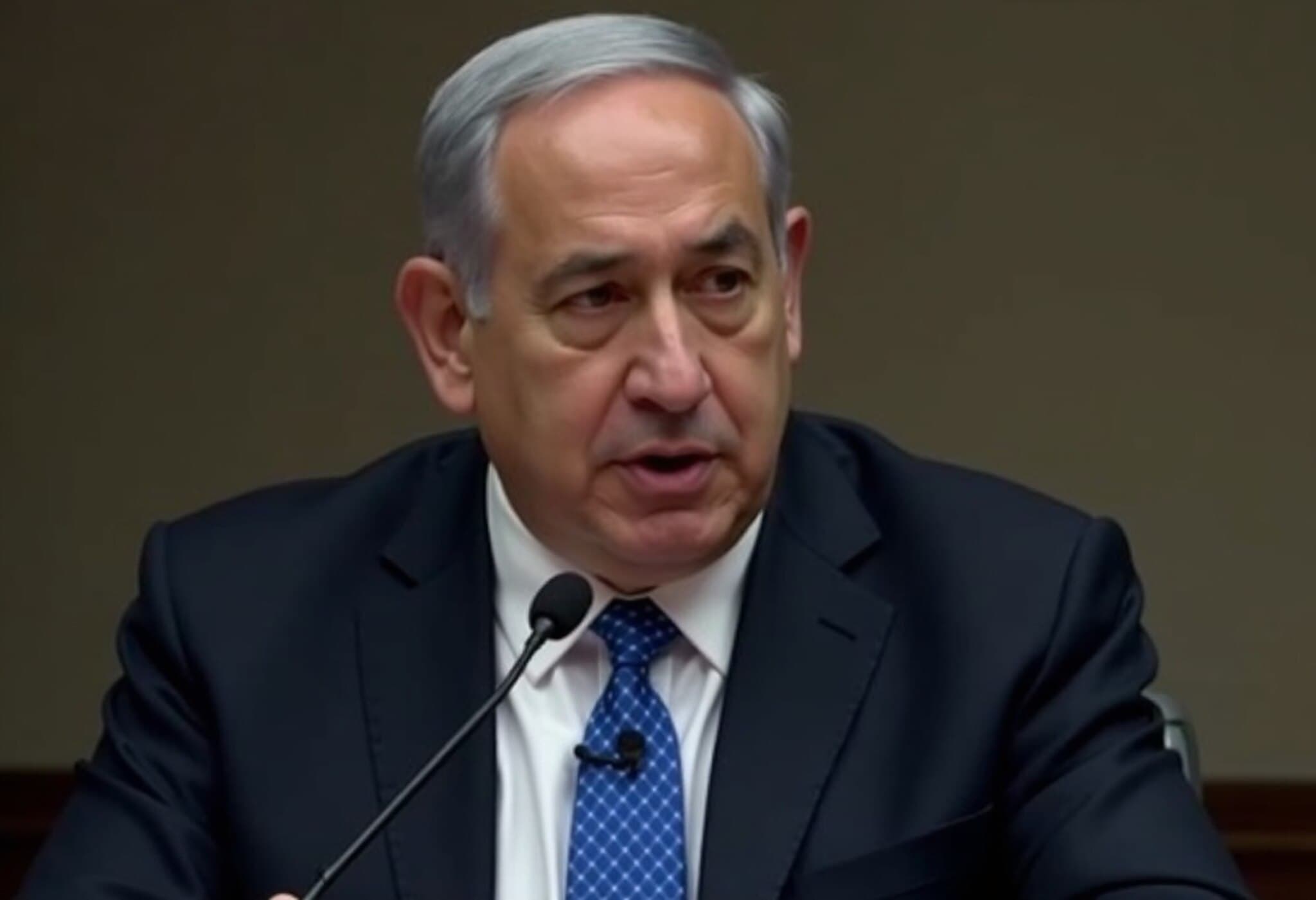U.S. Strikes on Iranian Nuclear Facilities Spark Controversy
Following a series of military actions that saw the United States join Israel in striking Iranian nuclear sites, conflicting reports have emerged about the effectiveness of these attacks. The U.S. targeted three key locations — Fordo, Natanz, and Isfahan — employing powerful "bunker buster" bombs designed to penetrate deep underground. Despite claims from the White House that Tehran's nuclear facilities were completely destroyed, intelligence assessments suggest otherwise.
Trump’s Strong Rebuttal to Intelligence Leaks
President Donald Trump vehemently dismissed media coverage questioning the success of the strikes. Labeling such reports as "fake news," he accused major news outlets of attempting to undermine what he described as "one of the most successful military strikes in history." Trump reiterated on social media that Iran’s nuclear sites were fully destroyed, defending the operation’s impact and condemning leaks of classified assessments.
Key Points from Trump's Response:
- He criticized certain media outlets for spreading doubt about the operation’s effectiveness.
- He asserted that the nuclear program in Iran was "completely destroyed."
- Praised the precision and execution of the airstrikes, which reportedly involved fourteen 30,000-pound bombs.
Intelligence Report Casts Doubt
Contrasting the White House's narrative, a report from the Defense Intelligence Agency indicates that the strikes only delayed Iran’s nuclear ambitions by a few months rather than eliminating the threat altogether. The assessment highlighted that many centrifuges and enriched uranium stockpiles remained intact, and only some entrances to underground facilities were sealed without fully destroying the infrastructure.
Official Reactions and Political Statements
White House Press Secretary Karoline Leavitt confirmed the report’s authenticity but dismissed its conclusions as "flat-out wrong." She condemned the leak as an attempt to discredit both the President and the military personnel involved in the operation.
Meanwhile, Israeli Prime Minister Benjamin Netanyahu hailed the conclusion of the 12-day conflict between Israel and Iran as a "historic victory." He vowed to prevent Iran from resurrecting its nuclear program, warning that any such attempts would be met with equal determination.
On the Iranian side, leadership expressed willingness to return to nuclear negotiations amid the newly established ceasefire. However, President Masoud Pezeshkian emphasized Iran’s right to pursue peaceful nuclear energy.
Background: The Iran-Israel Shadow War Intensifies
The recent clashes mark the most destructive flare-up between the two nations in years. Israeli airstrikes targeted not only nuclear and military sites—resulting in the deaths of scientists and senior military figures—but also residential neighborhoods, sparking Iranian missile retaliations.
The conflict escalated drastically with direct U.S. involvement through strikes on underground nuclear facilities, followed by Iranian attacks on a major U.S. military base in the Middle East. The ceasefire agreement, while halting active hostilities, leaves unresolved tensions and questions about Iran’s nuclear capabilities.

